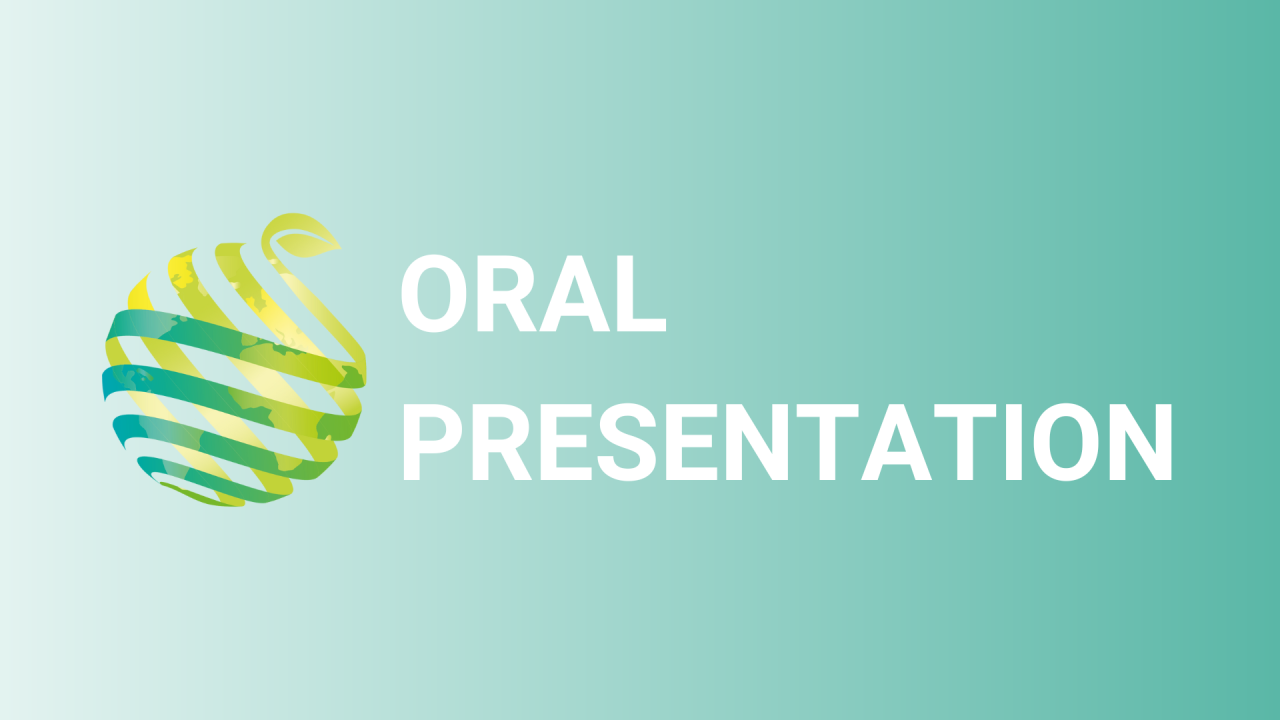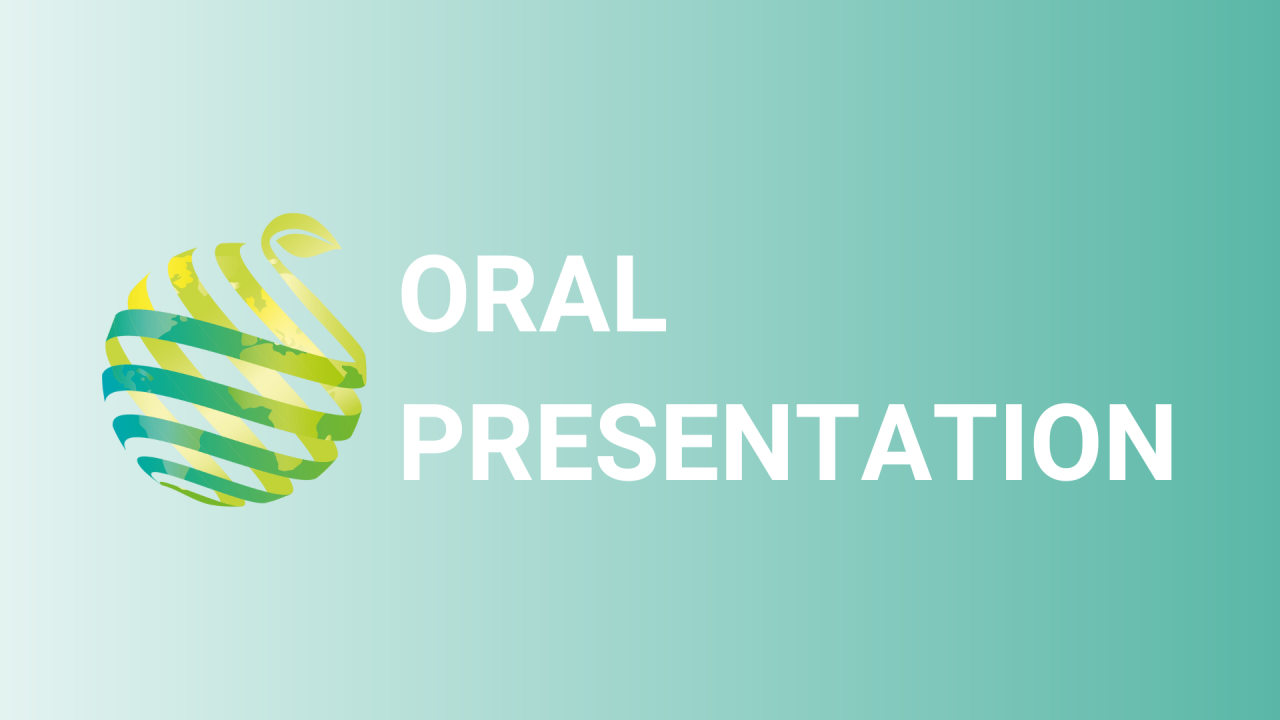

S01 - Session O1 - Biofortified bananas – a panacea to address the vitamin A deficiency
Information
Authors: Backiyarani Suthanthiram *, Eugin Perianayagaraj Selvaraj, Durai Palani, Saranya Swaminathan, Mayil Vaganan Muthu, Selvaraj Vadivel, Uma Subbaraya
Vitamin A deficiency, a kind of hidden hunger, is the leading cause of preventable childhood blindness and increases the risk of death from common childhood illnesses, such as diarrhoea. Today, globally more than one third of the children are in need of vitamin A supplementation as they are not receiving its life-saving benefits. Dietary intake of animal foods rich in vitamin A or as provitamin carotenoids from plant sources is the simplest way to access sufficient vitamin A. Banana is the cheapest fruit available throughout the year and highly preferred by all age groups. Considerable diversity of carotenoid content (1.45 to 36.21 µg/g fresh weight) was observed across the germplasm. This is encouraging for banana breeders aiming to identify carotenoid-fortified bananas suitable for commercial cultivation, and to enhance carotenoid content through conventional breeding and transgenic approaches. ICAR- NRCB is leading the venture through developing banana varieties fortified for provitamin Athrough all three approaches. Evaluation of Indian and international banana diversity resulted in the identification of carotenoid-rich dessert banana accessions. Carotenoid-rich dessert hybrids and improved diploids were developed through conventional breeding. Through overexpression of the precursor gene phytoene synthase of the carotenoid biosysthesis pathway in the common commerical cultivars 'Grand Naine' and 'Rasthali' resulted in a carotenoid-rich 'Grand Naine' line with >17-fold increase and 'Rasthali' with >5-fold increase. Evaluation of the carotenoid-enriched lines developed through conventional breeding and non-convential approaches are in large-scale evaluations and Biosafety Research Level 1 (BRL-1) trials, respectively. Although transgenic biofortified banana have to go through the regulatory framework, ICAR-NRCB is committed to have the target population benefit from the new introductions and hybrids rich in vitamin A as soon as possible.